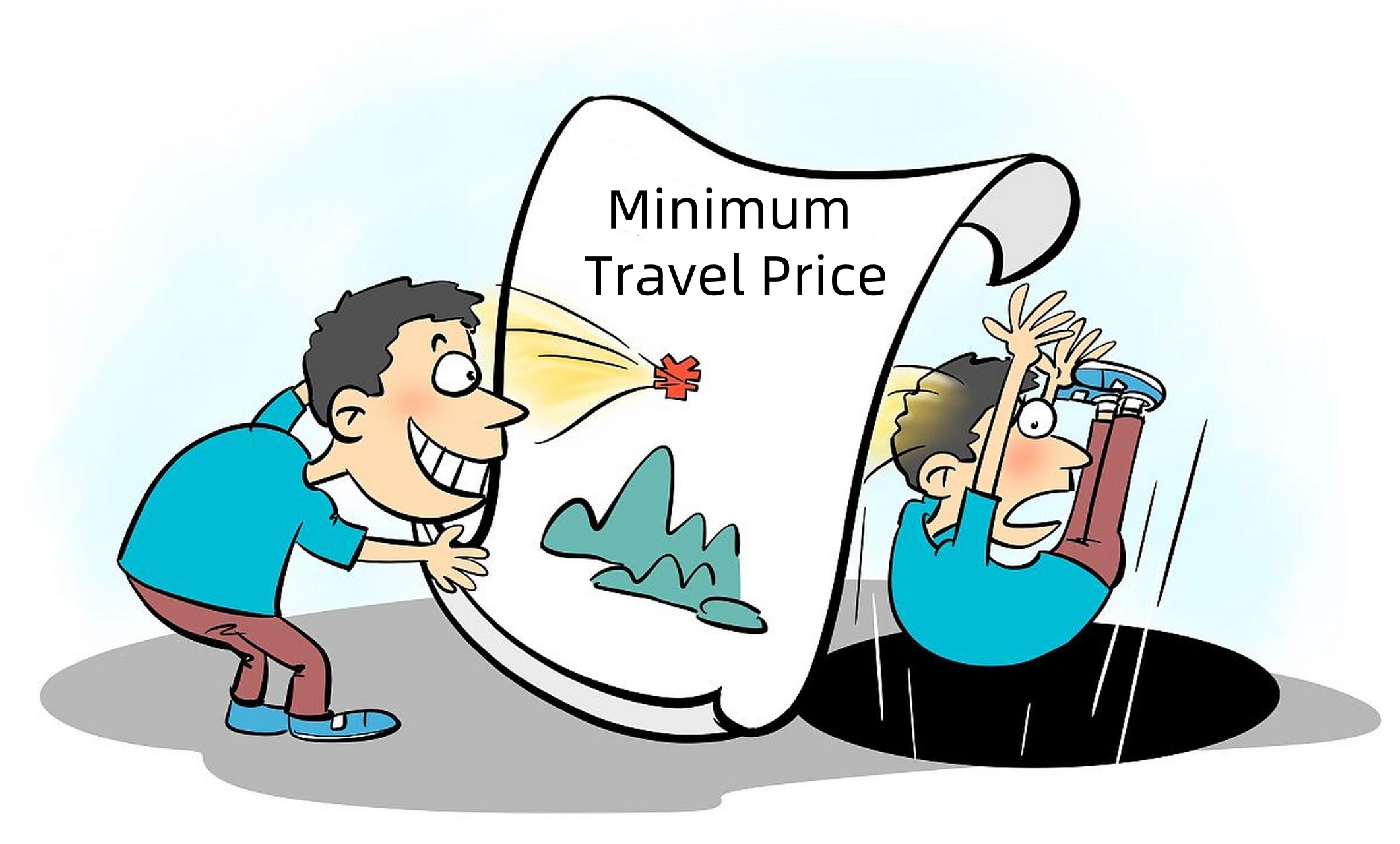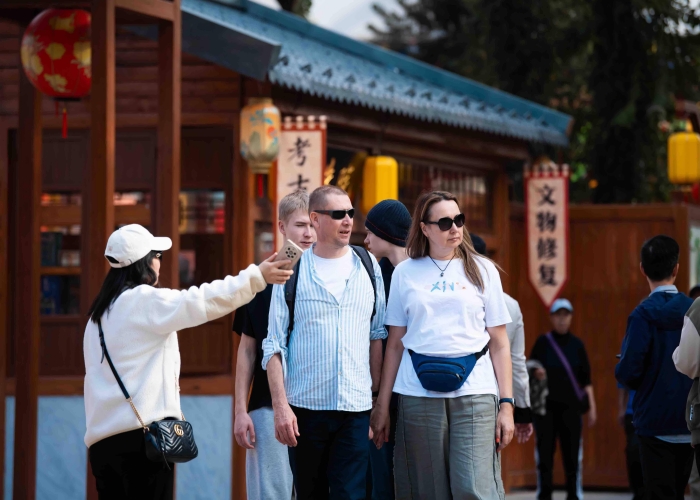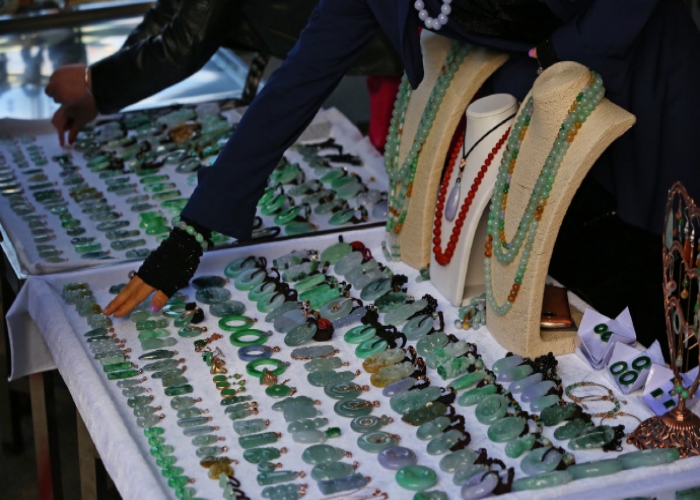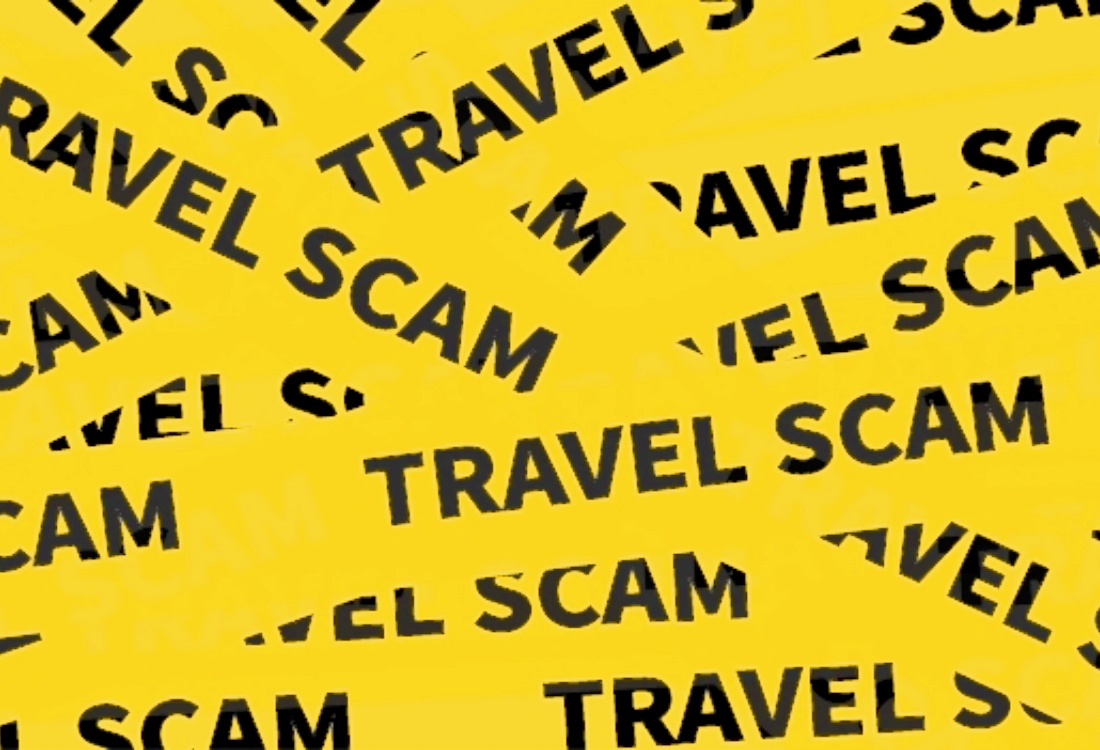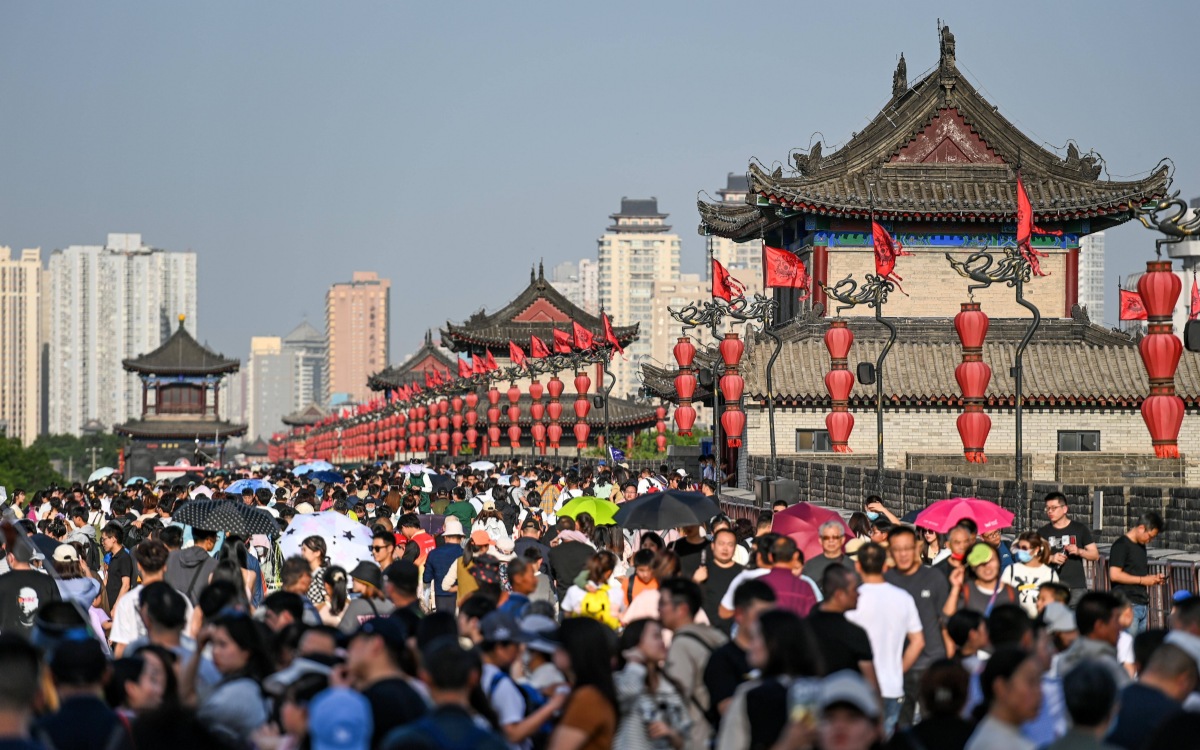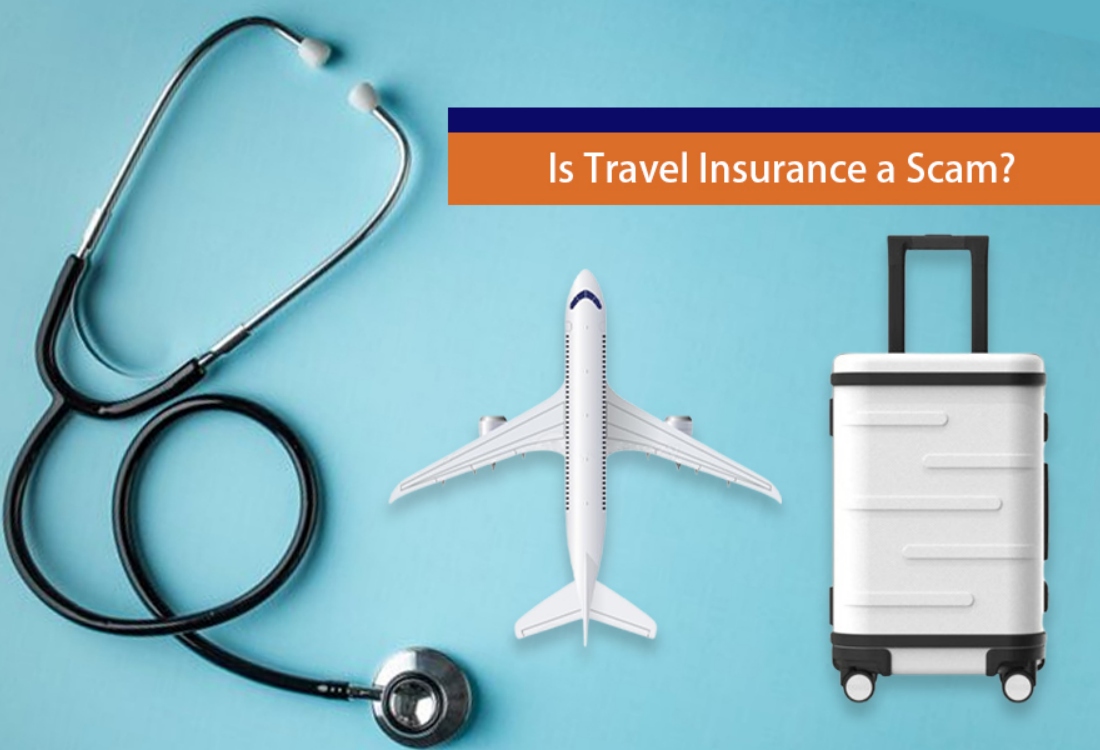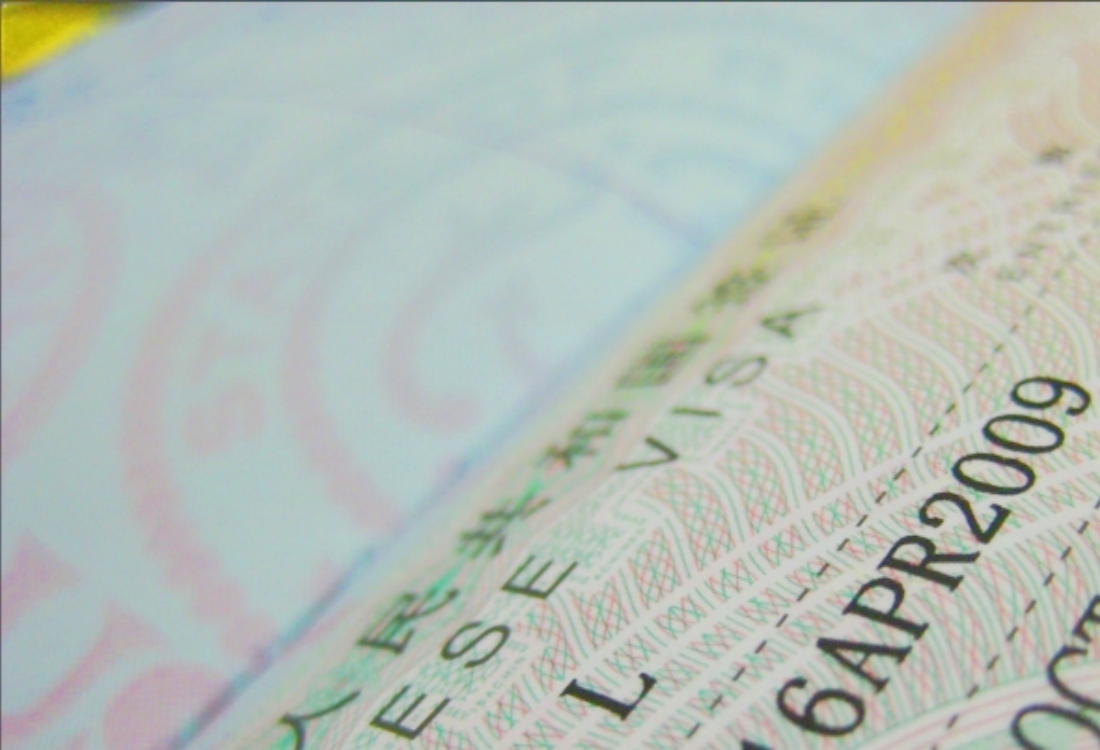Table of Contents
ToggleExploring China offers an incredible adventure, rich in culture, history, and breathtaking landscapes. To ensure your trip is smooth, safe, and truly enjoyable, it’s crucial to understand how to identify and avoid illegal tour guides. These individuals operate outside the official regulations and can expose travelers to various risks, including financial scams, forced shopping, and even unsafe situations.This comprehensive guide will equip you with the knowledge and tools to navigate China’s tourism landscape with confidence, ensuring you tour guides with licensed professionals who prioritize your experience and safety.
Why Avoiding Illegal Tour Guides Matters?
Engaging an illegal tour guide carries significant risks that can detract from your travel experience and potentially lead to serious problems. Unlike licensed professionals, illegal guides lack proper oversight, meaning their services come without official guarantees or accountability. China’s Tourism Law, which has been in effect since 2013 and has seen updates, specifically mandates rules for travel businesses and guides to protect tourists’ rights, ensuring safe travel and honest information.
What are the Common dangers of Illegal Tour Guides?
Forced Shopping and Overpriced Goods
Illegal guides frequently steer tourists to some jade, silk, or tea shops not part of the agreed itinerary. They earn kickbacks from these venues, and you might face pressure, or even public shaming, to purchase expensive, low-quality items. In some cases, doors might even be locked until purchases are made.
Hidden Costs and Unexpected Charges
What appears to be a cheap tour can quickly become costly due to undisclosed fees, extra payments demanded during the tour, or inflated prices for attractions or activities.
Lack of Recourse and Accountability
If you face a scam or are taken advantage of by an illegal guide or their associated businesses (e.g., specific shops, restaurants, or drivers), you have no official body to turn to for compensation or resolution, as no legitimate entity is responsible for your loss.
Engagement in Illegal or Immoral Activities
Some unlicensed guides might attempt to steer tourists toward illegal activities like gambling dens or drug-related venues, or even engage in verbal abuse if demands are not met. China’s tourism law strictly prohibits guides from such practices.
Safety Concerns
Without proper licensing and training, illegal guides may disregard safety regulations, putting your well-being at risk.
What are the Practical Tips to Avoid the Illegal Tour Guides?
Proactive measures are key to a secure and enjoyable trip. Here are actionable steps you can take to avoid falling prey to illegal tour guides in China.
Booking Wisely
- Choose Licensed Travel Agencies: Always book your tours through well-known, established travel agencies. Platforms like Trip.com and Ctrip are excellent choices, as they partner with licensed guides and operate under government supervision. Be wary of deals that seem “too good to be true,” as illegal guides often offer unusually low prices to attract tourists.
- Research Online Reviews: Before booking, check recent traveler reviews on reputable sites like TripAdvisor. Learn to distinguish genuine feedback from potentially manipulated ones. A reliable company will also offer secure payment methods.
- Avoid Self-Employed Guides: While some individuals may offer services independently, it is generally against Chinese law for guides to operate without agency affiliation. Services from self-employed guides are often not guaranteed, and you may face difficulty if issues arise.
Spotting Red Flags on Arrival
Once you arrive in China, certain behaviors should immediately raise suspicion:
- Unsolicited Approaches: Be cautious of individuals who approach you directly at airports, train stations, busy markets, or outside major attractions (like the Forbidden City or the Bund) offering “free” guiding or extremely “cheap” all-inclusive day tours. These are common tactics used by illegal operators to lure tourists into scams.
- Refusal to Show ID: If a guide hesitates or refuses to show their official IC card, or if the card appears fake or does not match their photo, consider it a major red flag.
- Vague Itineraries and Hidden Costs: A guide who is mysterious about the tour plan, frequently changes the schedule without clear reasons, or suggests unexpected stops for shopping should be avoided. Legitimate tours will have transparent, upfront costs.
During Your Tour
- Daily ID Verification: Politely ask your guide to show their IC card each day you meet. This reinforces accountability and ensures you are still with a legitimate professional.
- Say “No” to Forced Shopping: If the guide attempts to take you to shops not listed in your formal reception plan, firmly state, “We do not want extra shopping,” and insist on sticking to your original itinerary.
- Secure Payment Methods: Avoid paying the full tour cost in cash upfront. Use credit cards or major mobile payment platforms like Alipay or WeChat Pay linked directly to the travel agency. Always ask for an official fapiao (tax receipt) as proof of payment.
Safety and Emergency Preparedness
- Keep Copies of Documents: Always have a copy of your passport photo page, your tour contract, reception plan (both print and phone copies), and the agency’s 24-hour contact number. It’s also helpful to have your hotel address written in Chinese.
- Stay Alert: If you feel uneasy, stay in public areas. Share your live location with family or friends for added safety.
- Know Emergency Contacts:
- Police: Dial 110
- Tourism Complaints: Dial 12301
- Your Embassy: Keep their contact information handy.
What are the Common Scams of Illegal Tour Guides and How to Counter them?
| Fraudulent Trick | How It Works | Your Counter-Strategy |
|---|---|---|
| “Free” or “Too Cheap” Tours | Lures tourists with unbelievably low prices, then makes up for it with hidden fees, forced shopping, or low-quality experiences. | Be skeptical of deals that seem too good to be true. Legitimate services have fair prices. Research average tour costs. |
| Unsolicited Approaches | Individuals approach tourists directly in public places (airports, train stations, tourist sites) offering services. | Politely decline and walk away. Licensed guides typically work through agencies, not by soliciting on the street. |
| “Government Outlet” Stores | Forces unscheduled stops at specific shops (jade, silk, tea, art) claiming they are official, but are fronts for kickbacks. | Firmly refuse to enter shops not on your pre-approved itinerary. State your desire to stick to sightseeing. |
| Fake Credentials | Presents a fake or borrowed IC card, or claims to be a “student” guide for a special price. | Carefully examine the IC card, ensuring the photo matches and the information is clear. Verify with the agency if unsure. |
| Hidden Fees/Pressure for Tips | Demands additional payments during the tour for services claimed to be extra, or pressures heavily for large tips. | Clarify all costs upfront in your contract. Do not pay additional fees unless explicitly agreed upon. Tips are discretionary. |
| Vague Itinerary/Constant Changes | Avoids providing a clear, written itinerary or makes frequent, unexplained changes to the schedule. | Insist on a detailed, written reception plan from the agency. Hold your guide accountable to the agreed schedule. |
What are the Basic Knowledge of China’s Tourism Law?
Familiarity with China’s Tourism Law provides a crucial layer of protection for visitors, especially some key provisions affecting tourists.
- Licensing Requirements: The law strictly mandates that only individuals who have passed national examinations and obtained official certification cards are allowed to work as tour guides. Similarly, travel agencies must be licensed and registered.
- Prohibition of Forced Shopping: A central tenet of the law is the explicit ban on forced shopping. Guides and agencies are prohibited from compelling tourists to make purchases, or from leading them to shopping venues not agreed upon in the itinerary. Violations can lead to significant fines for the guide and agency.
- Transparency in Pricing: All costs must be clearly outlined and agreed upon before the tour begins. Hidden fees or unexpected charges are illegal.
- Protection Against Illegal Activities: The law also prohibits guides from steering clients towards illegal or immoral activities, such as gambling or drug use.
- Tourist Rights: The law ensures tourists’ rights to safe travel, honest information, and the ability to file complaints against non-compliant service providers.
What are the Characteristics of legal Tour Guides?
- Government-Issued Tourist Guide Certification Card (IC Card): This is a plastic ID card with the guide’s photo and a red national emblem. It is issued by China’s National Tourism Administration after the guide has passed a national examination. Always ask to see this card, and check that the photo matches the person and the English spelling on the card aligns with any tour vouchers you have.
- Formal Reception Plan: This is a written travel plan or tour confirmation provided by the registered travel agency the guide works for. It outlines the itinerary, inclusions, and exclusions, ensuring transparency and adherence to a planned schedule. Legitimate guides are typically employed by licensed tour operators.
- Affiliation with Licensed Agencies: Legal guides work with reputable, licensed travel agencies that are supervised by tourism administrations. These agencies have fixed office addresses, company license numbers, and clear refund policies.
- Focus on Sightseeing: Legitimate tours prioritize cultural and historical sightseeing, sticking to the agreed itinerary. They do not pressure tourists into unscheduled shopping trips or other commercial stops.
- Transparent Communication: A trustworthy guide will clearly explain the itinerary rules, including what is covered and what is not. There should be no mystery about tour plans or hidden fees.
What are the Common Scams when Travelling in China?
- Taxi scams : Drivers overcharge by rigging meters or taking long routes.
- Tea house scams :Friendly strangers invite you for tea, then demand huge payments.
- Fake tourist helpers : Scammers offer help, then extort money or steal.
- Counterfeit money : Receiving fake bills as change, especially in taxis or markets.
- Overpriced goods : Vendors inflate prices for foreigners; always bargain.
“Art student” scam : Strangers pressure you to buy overpriced art.
Accommodation scams : Fake listings or hidden fees when booking lodgings.
- Jade scams:Tourists are tricked into buying fake or low-quality jade at inflated prices, often through high-pressure sales tactics or counterfeit certificates.
Frequently Asked Questions (FAQs) of Illegal Tour Guides
What should I do if a guide pressures me to buy things?
Politely but firmly decline, stating you are not interested in shopping and wish to stick to your agreed itinerary. If the pressure continues, contact your tour agency, local tourist police (110), or the tourism hotline (12301).
Can I trust online reviews when choosing a tour guide?
Online reviews can be helpful, but exercise caution. Some private guides or agencies might manipulate reviews. Look for consistent, detailed, and recent reviews across multiple reputable platforms, and cross-reference information.
What are the consequences of using an illegal tour guide?
Consequences include financial losses (overpriced goods, hidden fees), lack of official recourse if problems arise, potential exposure to unsafe or illegal activities, and a diminished travel experience due to scams and ethical breaches.




